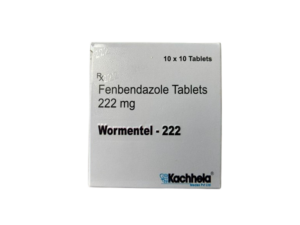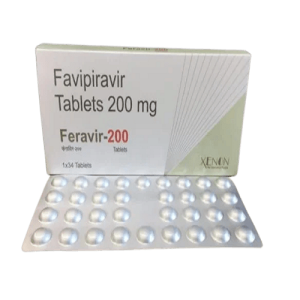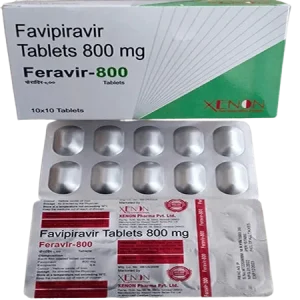Description
Recalmin D3 – High-Potency Vitamin D3 Supplement for Bone & Immune Health
Recalmin D3 contains high-strength Cholecalciferol (Vitamin D3), an essential fat-soluble vitamin that supports calcium absorption, bone mineralization, muscle function, and immune defense. It is commonly prescribed to prevent or treat Vitamin D deficiency, osteomalacia, and to support joint and skeletal health.
Key Benefits:
- Helps maintain strong bones and teeth
- Improves calcium and phosphorus absorption
- Supports immune function and muscle strength
- Corrects Vitamin D deficiency and prevents bone disorders like rickets or osteomalacia
- Convenient weekly or monthly dosage (60,000 IU)
How to Use:
Take one Recalmin D3 tablet or sachet weekly or as directed by your physician. Usually taken with a meal for better absorption. Do not exceed the recommended dose.
Common Conditions Treated:
- Vitamin D deficiency
- Osteopenia / Osteoporosis
- Rickets and bone softening disorders
- Weak immunity and fatigue linked to low Vitamin D levels
- Post-menopausal bone health support
Precautions:
- Consult a doctor before use if pregnant, breastfeeding, or taking other supplements
- Not for use in individuals with hypercalcemia or kidney stones without medical advice
- Maintain hydration and avoid taking with high doses of calcium unless advised
Storage Instructions:
Store in a cool, dry place below 25°C. Keep away from sunlight and moisture. Keep out of reach of children.
Frequently Asked Questions (FAQs)
1. What is Recalmin D3 used for?
It is used to treat or prevent Vitamin D deficiency, support bone and immune health, and improve calcium absorption.
2. How often should I take Recalmin D3?
Usually taken once a week or as directed by a doctor. Follow your healthcare provider’s instructions for optimal results.
3. Can I take this daily?
Recalmin D3 60,000 IU is typically not meant for daily use unless under medical supervision. For daily Vitamin D needs, lower-dose daily supplements are preferred.
4. What are the symptoms of Vitamin D deficiency?
Fatigue, bone pain, muscle weakness, mood changes, and frequent infections can all be signs of low Vitamin D levels.
5. Is it safe for pregnant or breastfeeding women?
Yes, but only under the supervision of a healthcare provider, as Vitamin D requirements may differ during pregnancy and lactation.
6. Can I take this with calcium supplements?
Yes, Vitamin D helps with calcium absorption. However, consult your doctor to avoid taking excessive amounts of calcium or D3.





